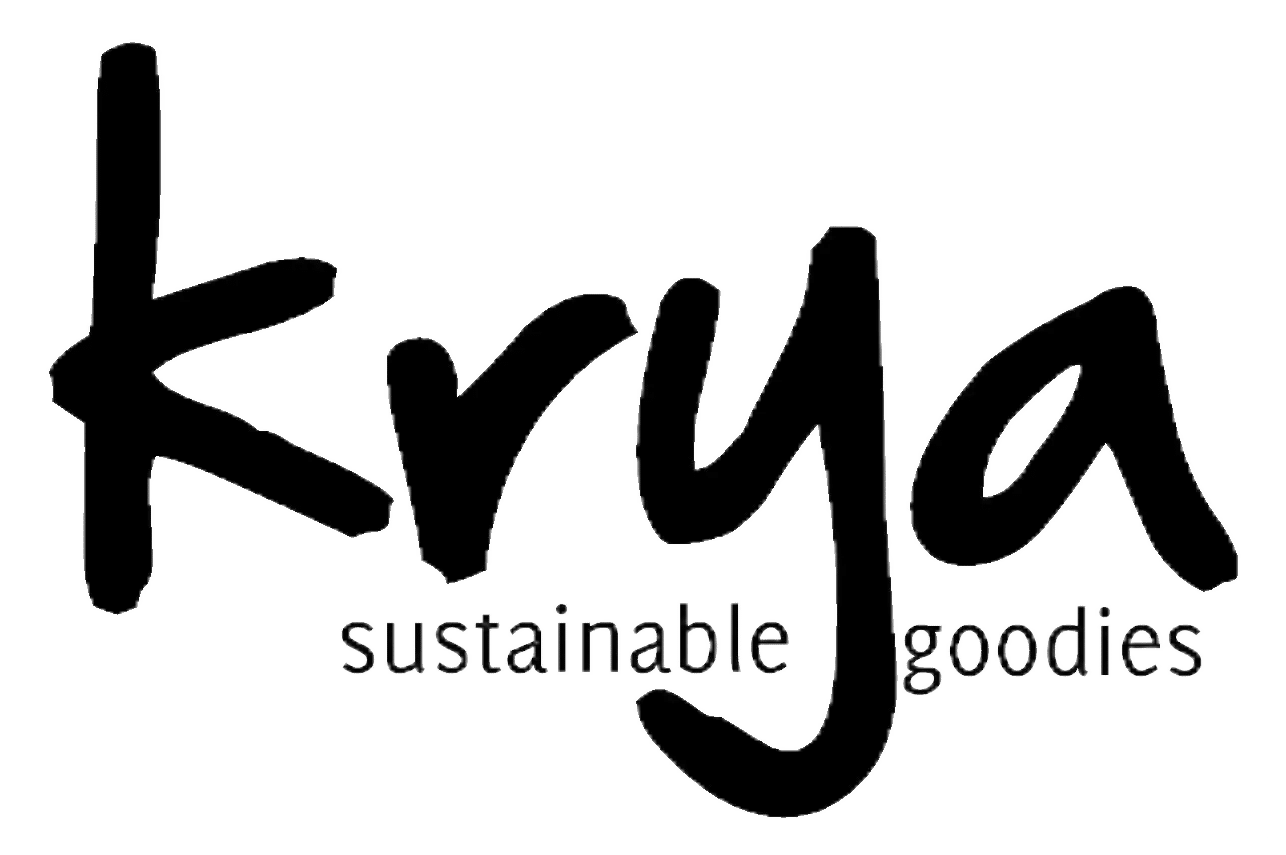In the earlier post we introduced the concept of Extended Producer Responsibility (EPR). From some of the reactions to the post, I am writing this follow-up post to expand on the idea.
In one line, EPR extends the responsibility of the manufacturer of a product from cradle to grave. This means even after the consumer disposes the product the manufacturer is responsible for the waste generated. The main idea is to ensure that this waste does not reach a landfill and instead gets recycled.
At this point EPR is not mandated by law in India. However many companies, especially the electronics manufacturers are addressing the e-waste generated by their products.
For a movement like EPR to succeed and create wide impact, everyone involved, in this case manufacturers and consumers, must do their part.
1. What can manufacturers do for EPR?
Minimize waste at the design stage. This is the most elegant way of reducing waste. At the design stage choosing safe, recyclable materials, removing unnecessary parts, choosing formats like solids over liquids all ways to reduce product waste.
Sponsor waste collection programs. I mentioned some examples in the earlier post and I came across another cool EPR program by a company that makes granola bars in the style of bear naked . They have two programs to ensure that their empty wrappers do not reach a landfill.
2. What can consumers do?
Handle waste correctly through source segregation
The default option is to throw waste into one all purpose dustbin. This is the very root of the problem at the consumer end. Wherever possible, source segregation should be practised. Bio-degradable food waste should be separated from other inert recyclable waste like paper, plastic, wood etc. The food waste should be composted and the other inert waste to be sent for recycling just the way newspapers are recycled.
Make a phone call for the special cases
Special cases like e-waste, say an old unused mobile phone to be disposed, could contain hazardous materials. There are companies that specialize in collecting and recycling e-waste. These companies will schedule a visit to your house to collect e-waste. While I haven’t used their services, an e-waste management company called attero has a doorstep collection service.
3. What will krya do?
The design stage
For our soon to be launched detergent, we have thought long and hard about the design of our packaging material and have written about it in an earlier post. We are quite thrilled with our design and at the same time realize that it is work in progress.
The post consumer use phase
All packaging waste generated by our product can be easily sent for recycling by the consumers. To take it to the next level we are talking to waste management and up-cycling companies to start an EPR pilot project. We are quite excited to see how that works out.
THANK YOU FOR SIGNING UP
Get More Ayurvedic wellness advice
with




